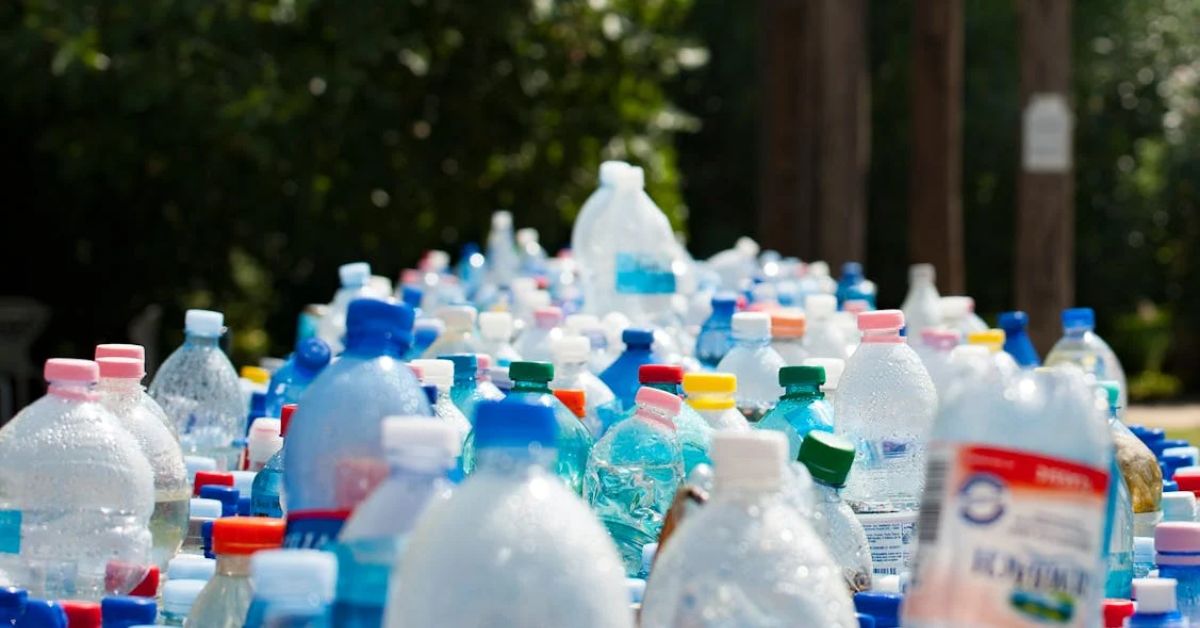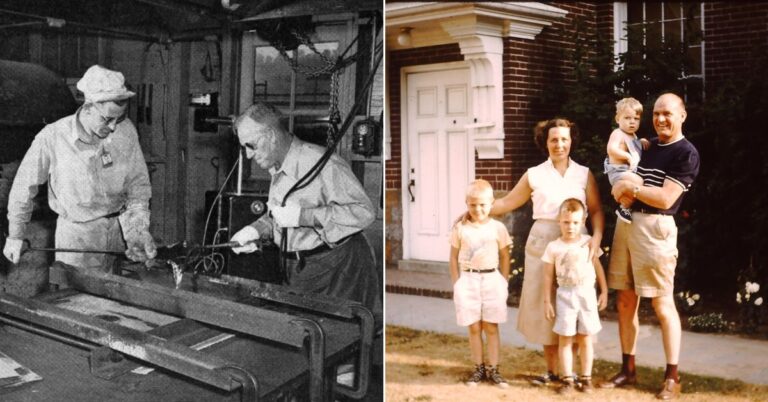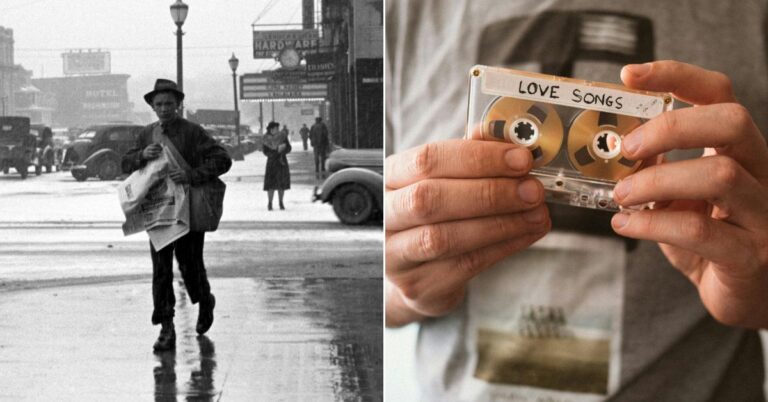6 Things We Invented and Immediately Regretted

Some inventions genuinely make life better—like sliced bread or indoor plumbing. But for every great idea, there’s a total flop that makes you wonder, “What were they thinking?” From toxic building materials to life-shortening habits and joyless fast food, some creations have been less of a win for humanity. Here’s a deep dive into the worst inventions (in my humble opinion) and why they should’ve stayed in the “bad idea” pile.
Fireproof Doesn’t Mean Safe

Asbestos seemed like a win—it didn’t burn, it insulated, and it was cheap. Builders couldn’t get enough. Then came the downside: inhaling asbestos fibers causes cancer and fatal lung diseases. By the time we realized it, it was everywhere. It’s the ultimate “too good to be true” invention, with a death toll to match.
Junk Food That’s Lost Its Soul

Fast food was once a glorious guilty pleasure—pure flavor-packed sin. Then health-conscious marketing happened. They took out the “bad stuff” that made it taste amazing and gave us bland, overpriced sadness. If I’m eating something that will eventually kill me, I at least want it to be delicious. Even Colonel Sanders tried to sue KFC once for changing his original recipe.
Smoking: The Gift That Keeps on Killing

Let’s be real—smoking is just paying a premium to poison yourself. It smells awful, costs a fortune, and murders fish when people toss their butts into storm drains. And in the U.S., the cigarette boxes look so classy you almost forget they kill 8 million people a year. Almost.
Plastic In Absolutely Everything

Everything is plastic—your food, your clothes, even your toothpaste. It’s like that one houseguest who never leaves and ruins everything. Sure, I recycle and reuse, but it feels pointless when milk cartons are still plastic and grocery stores wrap bananas (bananas!) in shrink wrap. Who thought this was sustainable?
The 40-Hour Work Week

Invented to protect workers, the 40-hour week now feels like a punishment. If you finish early, you’re stuck “looking busy” or taking pointless meetings. Add commutes and unpaid lunch breaks, and you’re giving way more time than you’re paid for. Let’s rethink this relic of the industrial era, shall we?
Paper Money

Paper money replaced shiny gold coins with promises on paper, backed by governments. Sounds neat, until you realize its value hinges on trust and stability. Inflation eats away at it, counterfeiting undermines it, and its history of economic collapses proves it’s not exactly foolproof. Is this really the best we could come up with?






